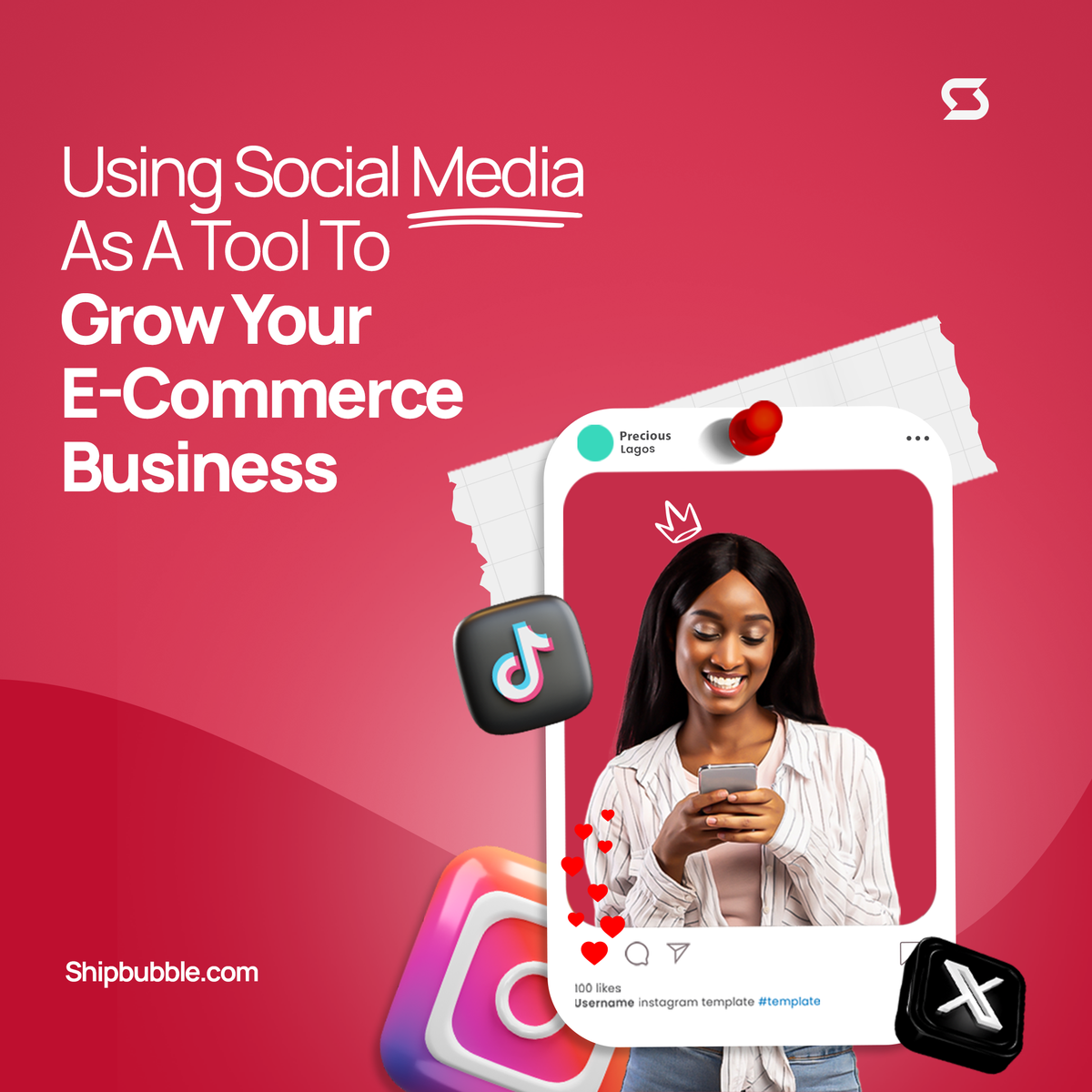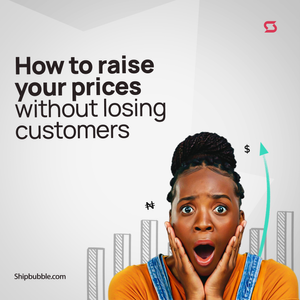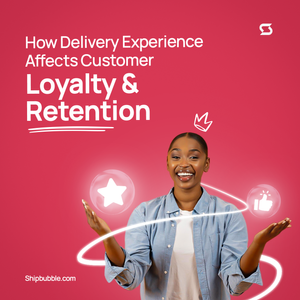Social media is no longer merely a platform for entertainment. The days of mindless scrolling and trivial posts are behind us. Today, social media is a powerful, monetized tool that drives serious business growth. Content creation on these platforms is now strategically motivated, aimed at engaging audiences and generating revenue. With billions of users scrolling through their feeds daily, platforms like Instagram, Facebook, TikTok, and X (formerly known as Twitter) present great opportunities for brands to connect with customers, build loyalty, and drive sales. Here are some tips on how to leverage social media to grow your e-commerce business:
- Brand awareness and visibility: Social media is like a digital billboard, but better. Billions of people scroll through different social media platforms every day, it is a good way to showcase your brand to the world. By consistently posting high-quality, fun, catchy and engaging content that showcases your brand and products, you can capture the attention of your target audience. You can also capture your audience's attention by participating in trendy conversations and using specific and popular hashtags relating to your industry. For example, jumping on a trending sound or dance on TikTok or Instagram to showcase your products can become viral and put your brand in front of millions of people, potentially growing your business and generating revenue.
- Social media advertising: Advertising on social media is very beneficial especially for small businesses, as it allows you to track the Return On Investment (ROI) so you know where and how your money is working. Social media advertising offers precise targeting options that traditional marketing channels can’t match, as it allows e-commerce businesses to reach their specific and targeted audience. Social media platforms like Facebook, Instagram and Twitter offer advanced and in-depth targeting options that enable you to tailor your ads based on age, gender, interests, user behaviors, occupation, social behaviors, and location. This ensures your ads reach the most relevant audience, improving the efficiency of your marketing spend and efforts. For your business to really get the most from an ad, create compelling and engaging content to capture attention and drive action. Use analytics to monitor the performance of your campaigns and refine your strategies to achieve the best results. There are so many types of ads you can do on social media, you just need to find the right one for your business.
- Social media analytics: Data is always a gold mine for a business, especially e-commerce businesses. One of social media’s greatest strengths is the wealth of data it provides. Analytics tools on platforms like Instagram, Facebook, TikTok, and Twitter offer businesses insights into user behavior, engagement rates, conversion rates and campaign performance. This data allows businesses to understand what type of content resonates with their audience and refine strategies accordingly. Continuously monitoring and adapting based on analytics ensures that your social media efforts always align with your business goals and helps you make informed decisions about your business.
- Influencer Marketing: Influencer marketing is modern-day word-of-mouth marketing, and it is incredibly potent. Influencers are people who are not just popular but have built a loyal following that respects their opinions, trusts their recommendations and whose purchasing decisions can be swayed. Collaborating with influencers can boost your business's reach and patronage. It is important to use influencers that align with your brand’s voice and values and resonate with your target audience. The influencer doesn’t have to be a celebrity or have millions of followers; they just need to have a loyal community of people who trust them and can buy anything they promote. These influencers can create genuine and engaging content that showcases the products you want them to promote in everyday use, which can drive higher engagement and conversion rates.
- Creating engaging content: Content is king on social media. You can use influencers, run social media ads, and even have a good product, if your content is not engaging and valuable enough, it will not make a difference. To capture and retain your audience’s attention, create content that is not only visually appealing but also valuable and engaging. Apart from content that just showcases your products, customers like to see a more fun and human side of a brand, so content like engaging how-to videos, educational content, behind-the-scenes types of content, customer testimonials, user-generated content, etc. will always appeal to people. Videos, in particular, are highly effective at conveying information quickly and engagingly. By addressing customer pain points and showcasing the benefits of your products and why it is different from competitors, you can create content that resonates with your audience and drives engagement.
Leveraging social media for e-commerce growth is not just about having a presence on these platforms; it’s about strategically using the tools and opportunities to build your brand, engage with customers, and drive sales. By creating a social media marketing plan that uses all or some of these tips, your e-commerce business can harness the full potential of social media.
Should you require assistance, feel free to reach out to us at hello@shipbubble.com or connect with us on X/Twitter and Instagram @shipbubble.





